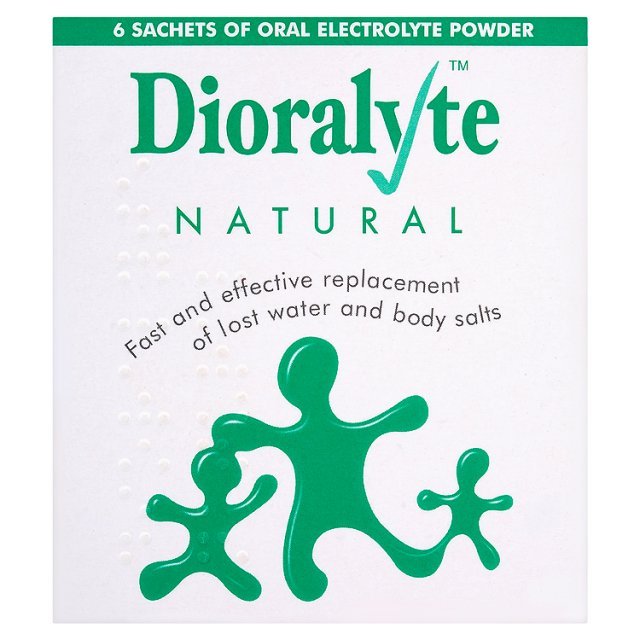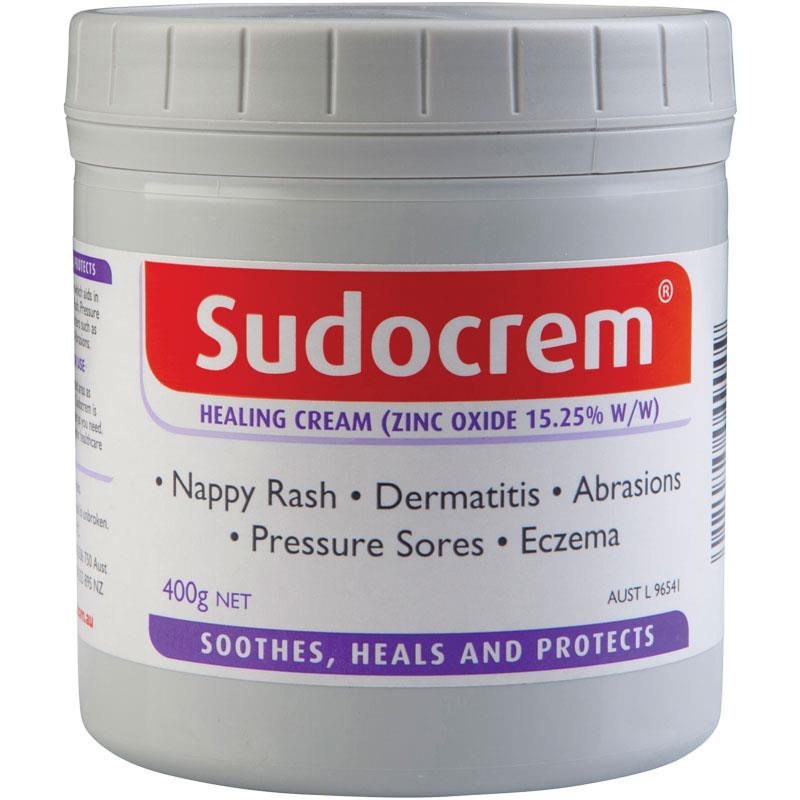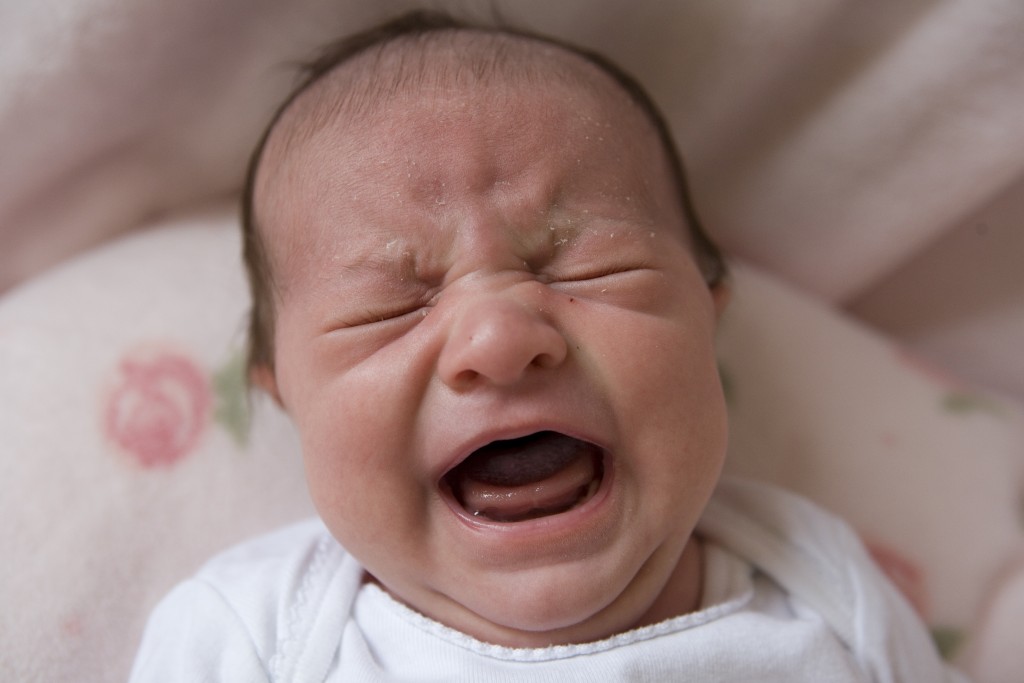Parents are always looking for their child’s next smile, laugh, and coo – reassurances that all is well. It can be bewildering to see these small, fragile beings distressed and not know what is wrong with them. Yet most are due to common ailments that are easy to remedy.
Constipation
Stools are a good indicator of an infant’s wellbeing, especially if they break their normal pattern. If the stool is large and difficult to push out, or looks like rabbit droppings, it may be a sign of constipation. You may need to change their diet to include more fibre. Laxatives such as Lactulose and glycerin suppositories, which are available over the counter, can provide more immediate relief.
Colds, coughs and ear infections
As they develop their own immune systems, babies are more vulnerable to the numerous viruses they are exposed to, so it is quite common for them to catch six or more colds a year. Telltale signs include sneezing, a runny nose with mucus, and a cough. Make sure your child drinks plenty of fluids. Saline products from the chemist can help relieve a stuffy nose.
A cough should clear up naturally. If it persists or results in breathlessness, pain or a high temperature, it may indicate a chest infection. Check with your GP or pharmacist on the most effective treatments.
Ear infections are another by-product of a cold, but can also be triggered by bacteria or if an infant is exposed to smoky environments. The infant may pull at or rub an ear. Other possible symptoms include fever, irritability, crying, difficulty feeding, restlessness, and a cough. Paracetamol or Ibuprofen can be used for pain relief and fever. Seek advice if there is no improvement after three days.
Diarrhoea and vomiting
 It’s normal for babies to throw-up, often straight after they’ve been fed, and usually there is no cause for alarm. However, constant forceful vomiting could be a sign of another illness. The most likely culprit is gastroenteritis, a viral tummy bug that can also cause diarrhoea, stomach cramps, fever, or chills. An allergy or intolerance to certain foods can also make an infant ill.
It’s normal for babies to throw-up, often straight after they’ve been fed, and usually there is no cause for alarm. However, constant forceful vomiting could be a sign of another illness. The most likely culprit is gastroenteritis, a viral tummy bug that can also cause diarrhoea, stomach cramps, fever, or chills. An allergy or intolerance to certain foods can also make an infant ill.
If the vomiting and diarrhoea lasts for more than a few days, it’s vital your child sees a doctor who can make the correct diagnosis and suggest the best treatment.
One of the consequences of a prolonged period of diarrhoea and vomiting is that infants become severely dehydrated. Ask your pharmacist for oral rehydration salts to help rehydrate them. It’s important they have plenty of fluids, but avoid fruit juice or fizzy drinks.
Colic
One in five healthy babies can experience excessive bouts of crying for seemingly no reason, which is highly distressing for them and parents alike. This normally stops when they reach four-to-six months old. Sometimes it is an indication of trapped wind. Burping babies after a feed or giving their tummies a gentle massage can help, as can gripe water, lactose or simeticone drops.
Nappy rash
Several factors can cause your baby’s bottom to become red and irritated: their skin is left in contact with urine or stools for too long; the nappy is rubbing against their skin; their bottom isn’t being cleaned well or often enough; they are allergic to soap; or they have recently had a course of antibiotics.
The best way to avoid nappy rash is through regular cleaning: use water and cotton wool or fragrance-free or alcohol-free wipes. Dry off gently and where possible, let your baby lie nappy-free on a towel to allow fresh air to circulate around their skin. Avoid soap, detergents, bubble bath, and talcum powder. To soothe the rash, try Drapolene or Sudocrem. Doctors can also prescribe anti-fungal creams to treat nappy rash.
Help is always at hand: talk to your local pharmacist, health worker or GP about any concerns you have about caring for your child.
Main photo by SRG22 / iStock
About the author: Feriha İbrahim is a fully-qualified pharmacist who, together with her family, runs Woodside Pharmacy – both branches are located in Leytonstone, London E11.






